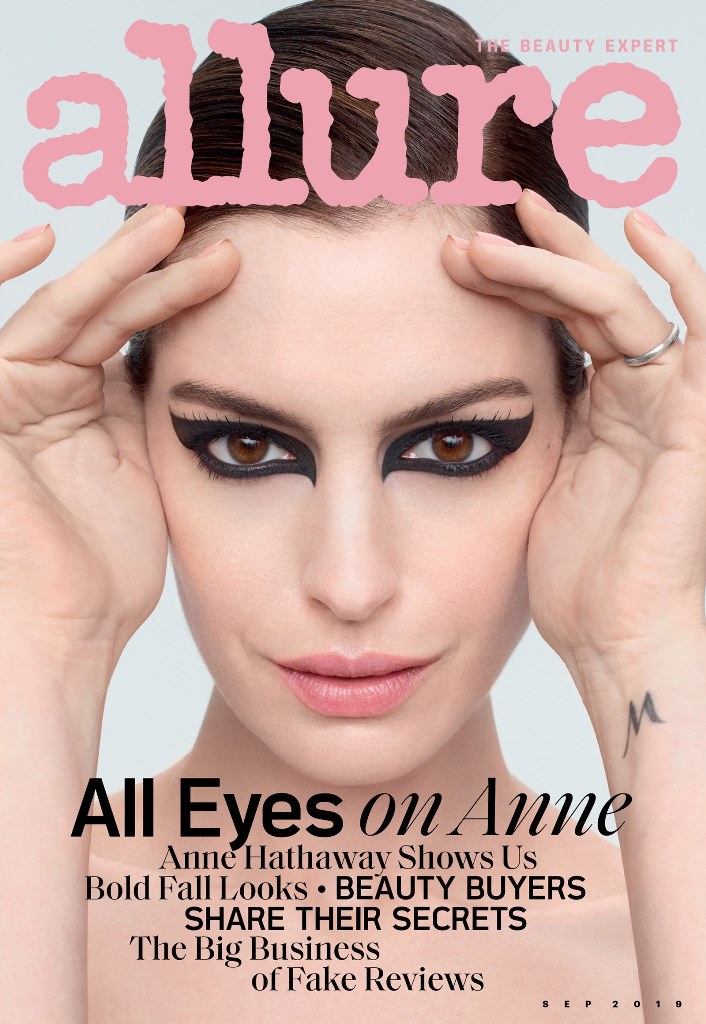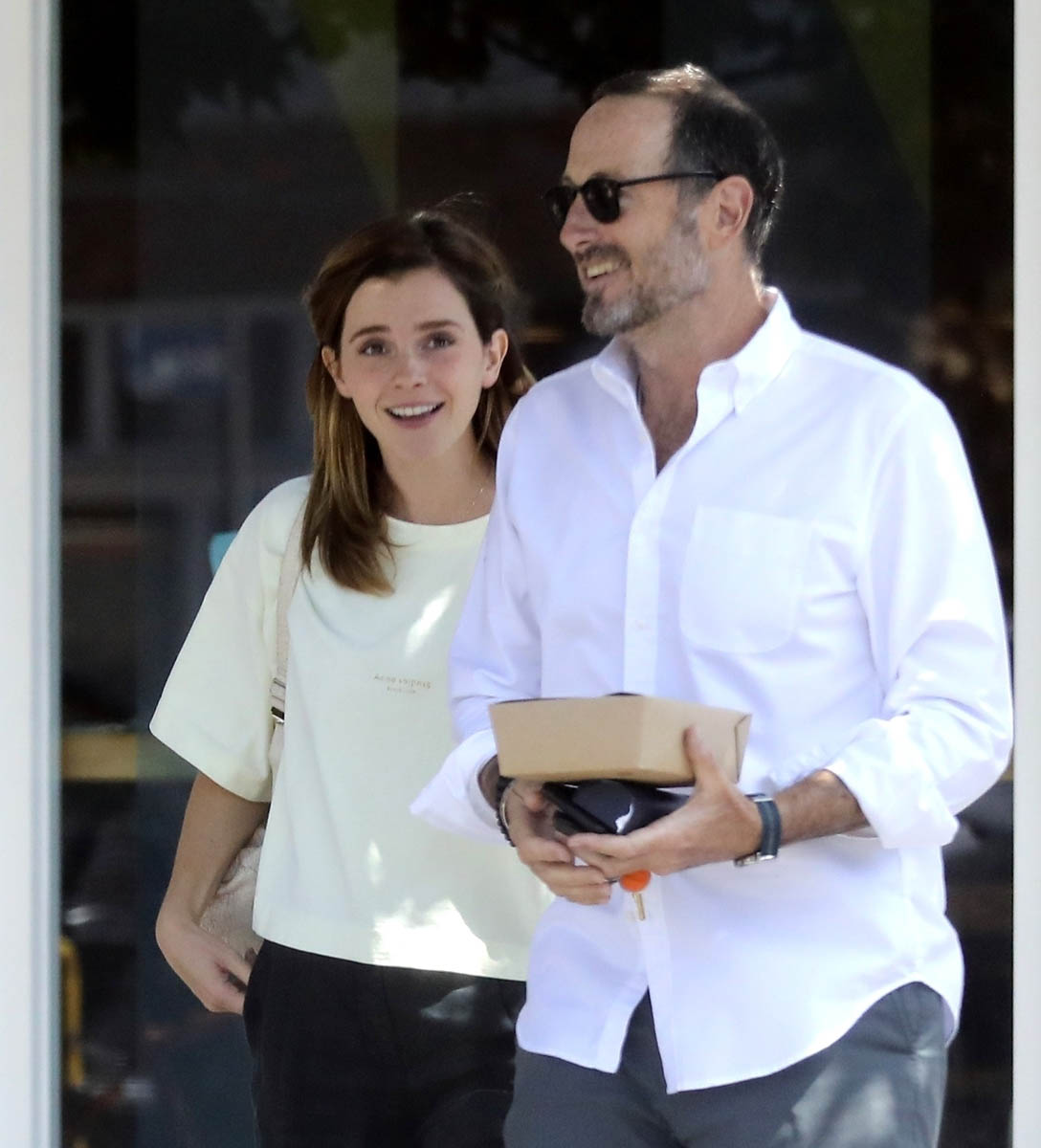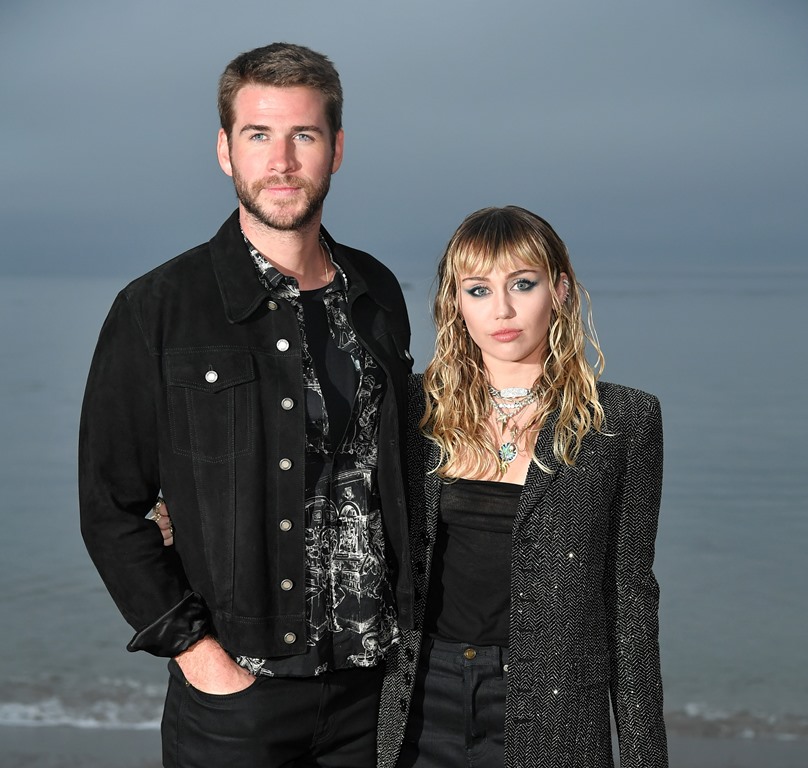Anne Hathaway’s thoughts on anger



Anne Hathaway covers the September issue of Allure to promote her upcoming film The Last Thing He Wanted, directed by Dee Rees. Most of the headlines out of this interview relate to her comments about weight and body in Hollywood. And we’ll get to that in a minute but I want to talk first about her thoughts on anger. It comes up when she’s talking about her character, Elena McMahon, an investigative journalist:
In some ways, [Elena] is exactly what Hathaway wants to avoid becoming. “I feel like something about working on The Last Thing He Wanted made my character so angry and so righteous. She’s not wrong for the reason she’s angry, but [it’s] taken over her life. Now she’s more angry than alive.”
“She’s more angry than alive.” I f-cking love this so much. I love the simplicity in that understanding of who she was playing. That’s the essence of what makes Anne Hathaway a great actor: she can drill down to the basic core of the person she’s inhabiting.
Elena McMahon is a woman both obviously in pain and increasingly numb. How did playing her affect Hathaway in her real, everyday life? “It had a big impact on me because anger is something that’s been a big part of my journey. Not necessarily neutralizing it, because anger is useful, but learning the whys of it. Learning how to ask, How does this serve me?”
I’ve been thinking about anger a lot this year, specifically women’s anger, after reading Rebecca Traister’s book Good and Mad and Taffy Brodesser-Akner’s novel Fleishman is in Trouble. As I told Taffy a few weeks ago when I interviewed her in Toronto, I have these books stacked together on my shelf because, to me, they share a certain DNA in how they explore women’s anger and women’s right to be angry, why women have always been angry – because of how limited we are in the way we can live.
Which goes back to what Anne says about her character: “She’s more angry than alive”. Yes, exactly. And it’s not that it’s a choice, to be angry rather than living; it’s the default state in reaction to the conditions of living – and the subsequent condition, which is Anne’s second point, of having to learn to adapt to living in that condition. If you are a woman of colour, that cost is even steeper.
So now let’s get to bodies, and the condition of expectation on a woman’s body. Anne talks about her experience in Hollywood and how that shaped her relationship to her body:
One of the ways Rees requested she prepare to play Elena was by gaining 20 pounds. Though Hathaway happily agreed, her early experiences with conversations around roles and weight lingered. “At 16 years old, it was ‘Congratulations, you have the part. I’m not saying you need to lose weight. I’m just saying don’t gain weight.’ Which of course means you need to lose weight.” She continued, “So I had that, then 20 years later I have Ane Crabtree [costume designer for The Last Thing He Wanted] asking me what my body does on my moon — which I realized meant my period — so she can make adjustments for me. It was just this beautiful thing. I am cautious in my praise of how Hollywood is shifting. There is so much more body inclusivity — which is great! — but the thin thing is definitely still the centralized ‘normal’ expectation.”
Body sh-t. Do you know any women who haven’t been f-cked up over body sh-t? And angry over body sh-t? And angry about being angry over body sh-t? Or scared to express anger about body sh-t because where women are concerned, even body sh-t isn’t created equal. Some people take a lot more body sh-t than others and we all need to be more sensitive about where on the body sh-t spectrum we each reside while we are all trying to, collectively, not care anymore about body sh-t! F-ck!
Click here to read the full Anne Hathaway article in Allure.

